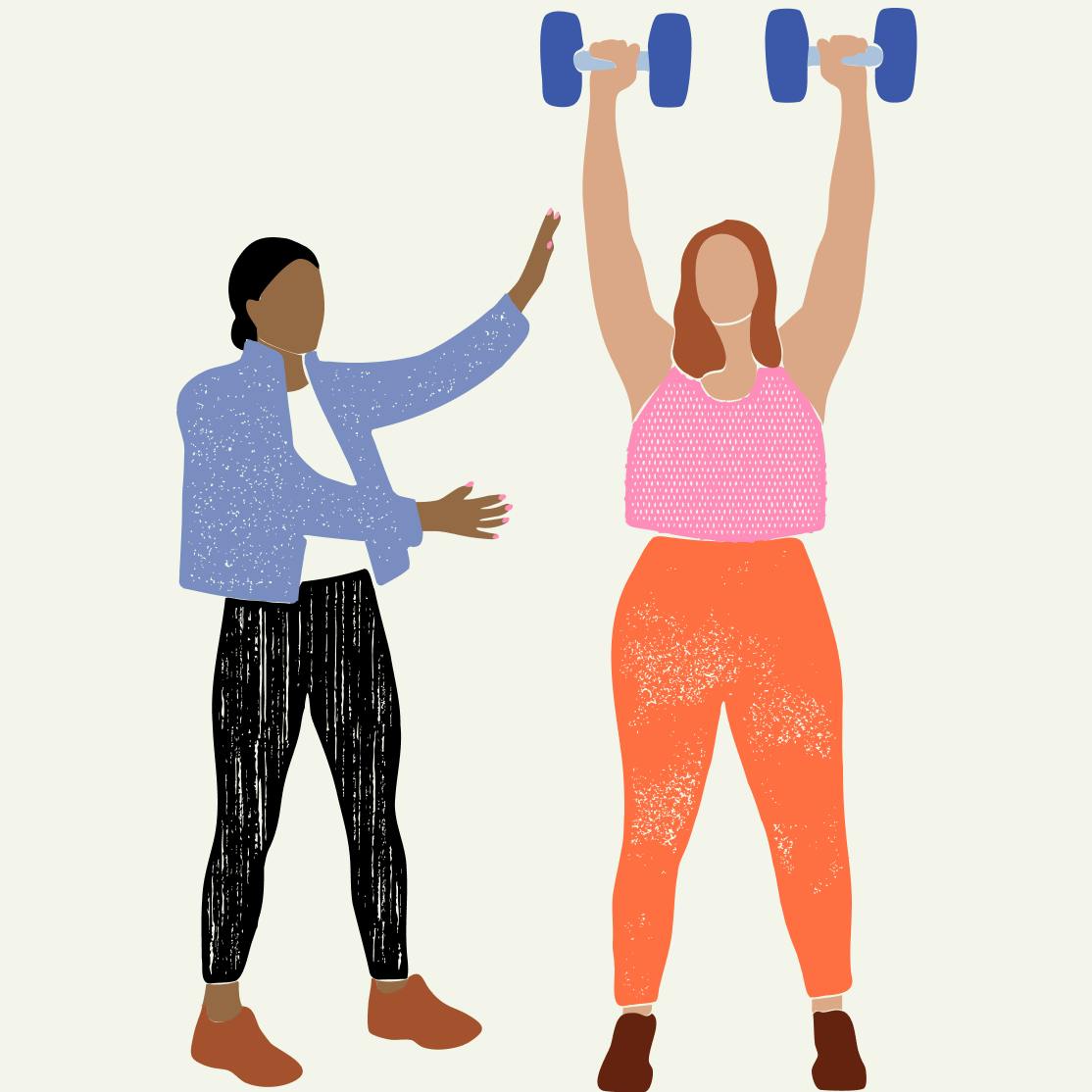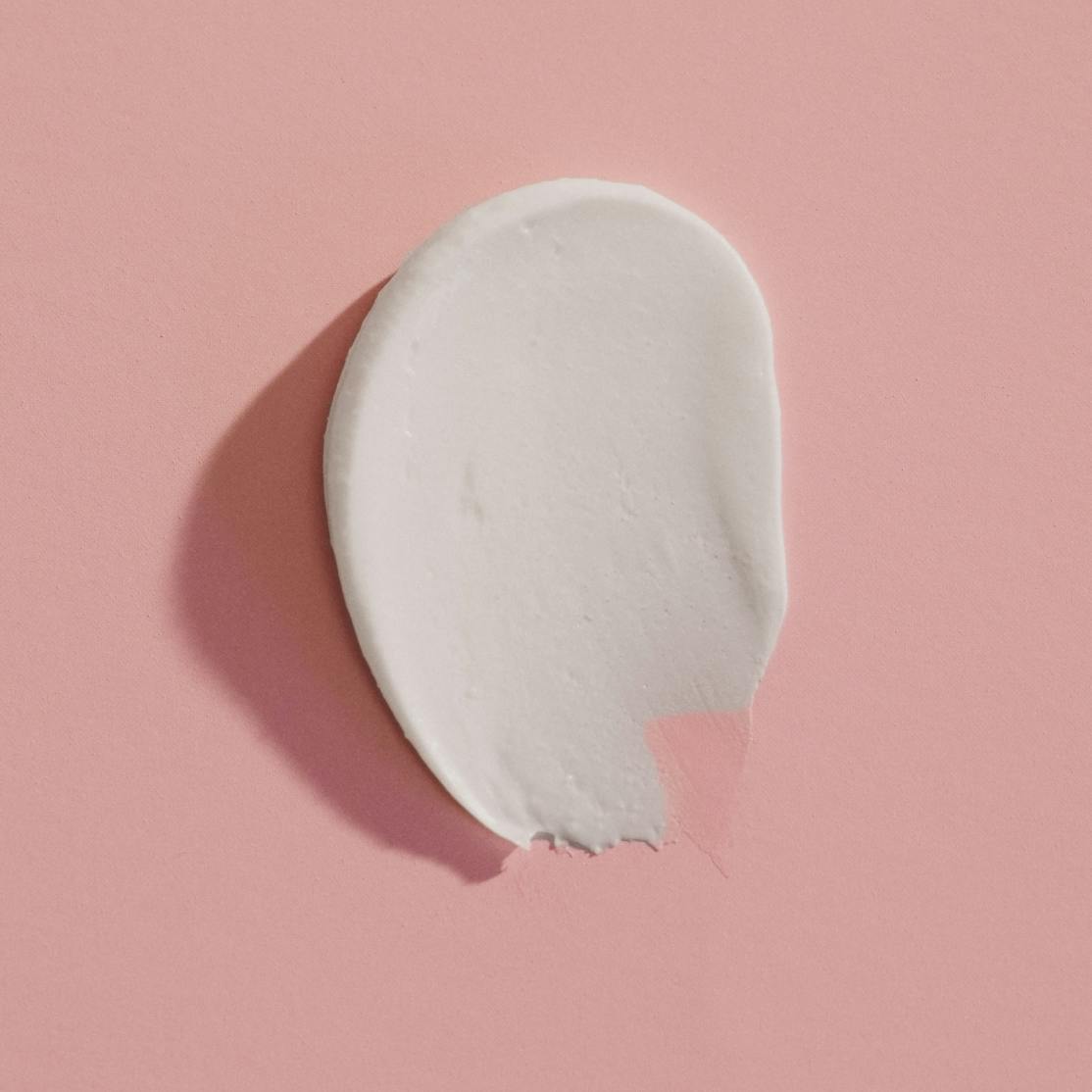Estrogen plays a crucial role in heart health, and its decline during menopause can raise the risk of high blood pressure and elevated LDL cholesterol. Hormone replacement therapy (HRT) can support cardiovascular health by replenishing estrogen and alleviating menopausal symptoms like hot flashes and night sweats that impact sleep. Alongside HRT, heart-healthy habits like regular exercise, a balanced diet, and stress management are key for protecting your heart during midlife.
The same hormonal shifts that trigger hot flashes and brain fog can hurt your cardiovascular health—but treatment could make you feel better and keep your heart going strong.
Women come to Midi Health to address the symptoms of menopause they see and feel every day: hot flashes, anxiety, achy joints, wrinkles, hair loss, painful sex…we could go on. But midlife hormonal shifts bring under-the-radar effects as well, including changes to our blood vessels and heart. The fact is, heart disease is the number one killer of women–and midlife is when the risks begin to build. So while it may not grab your attention like night sweats and mood swings, prioritizing heart health during menopause is a must for all of us. Here’s what you need to know about protecting your cardiovascular system at midlife—and how hormone therapy could help.
Estrogen and Your Heart
During menopause, your ovaries stop making estrogen. This vital female hormone doesn’t just act on our breasts and uterus. There are estrogen receptors throughout our bodies, including our heart and blood vessels. It helps our metabolism maintain our levels of HDL cholesterol (the “good” kind), and lower our LDL cholesterol (the “bad” type). Estrogen also works to relax and widen blood vessels in order to promote healthy blood flow. But once estrogen levels drop dramatically in menopause, these benefits diminish and risk factors for heart disease rise. The estrogen decline has been shown to increase the risk of high blood pressure and elevate LDL levels, which can up the chance of cardiovascular trouble. Estrogen’s role is so important that when women hit menopause and their hormone levels drop early (before age 46), their incidence of coronary heart disease and stroke rises. Without treatment, their lives are shortened by an average of three years.
All of this means that estrogen matters to our cardiovascular health and should be on every woman’s radar at midlife. That’s why Midi clinicians stress the importance of heart-healthy habits. We also educate women about the fact that hormone replacement therapy (HRT) has been shown to protect your heart, in addition to easing menopause symptoms including hot flashes, insomnia, anxiety, and more. In fact, studies show that women who start HRT within 10 years of their last period have fewer cardiovascular events and live longer. So women who are eligible for hormone therapy (that’s most of us) should understand how and why it can help.
The HRT-Heart Health Connection
HRT treats menopausal symptoms by releasing estrogen into the bloodstream, whether that’s through a patch, pill, vaginal ring, or some other form (and in patients who have a uterus, doctors add progesterone or progestin to estrogen to protect the uterus). If you could take a peek inside your body on HRT, you’d see a change to your arteries. Research shows that when women are prescribed HRT within 10 years of menopause, the health of their arteries improves. Estrogen encourages the release of nitric oxide, which opens up the blood vessels that surround the heart and supply blood to your organs, leading to healthier blood flow.
HRT may also indirectly improve heart health because it’s the most effective treatment for menopausal hot flashes and night sweats. When those get better, sleep improves, which in turn boosts heart health. How? Getting quality sleep makes it easier to maintain a healthy weight, activity level, and diet (makes sense, since you’re less likely to reach for energy from processed, quick calorie foods). In short, by treating night sweats and helping sleep, HRT supports cardiovascular health.
Could Your Heart Benefit from HRT?
The first step is to determine if HRT is right for you. Midi clinicians do a thorough review of every patient’s health history before prescribing this (or any) therapy. We look out for a personal history of breast cancer or blood clot risk (some hormone formulations can slightly increase clot risk so this may affect the choice of HRT). If you’re within 10 years of menopause, you are likely a good candidate, but women who can’t take HRT, or prefer not to, have plenty of non-hormonal alternatives. You need good sleep and a healthy heart, too, and Midi offers a range of prescription and non-prescription solutions that can help.
For women who start HRT outside of that 10-year window, note that there’s a “null effect” on cardiovascular disease risk. That means that while you may not get the full heart-bolstering benefits from HRT, it hasn’t been shown to increase your chance of heart trouble either, and HRT may make sense to treat symptoms or for other reasons.
Let’s be clear: Midi doesn’t recommend HRT to prevent heart disease, but if you’re taking it to treat your symptoms, improve your bone health, and score other benefits, the cardiovascular effects are a plus, too. With or without HRT, we all need to take daily heart-healthy steps. You’ve heard these proven ways to reduce risk before, but a quick recap never hurts: get regular exercise; eat a balanced diet rich in veggies, fruit, and whole grains; maintain a healthy weight; drink alcohol in moderation, if at all; avoid smoking and secondhand smoke; and do your best to manage stress.
But at Midi, we get it. When you’re flushed and sweaty from your fifth hot flash of the day, you’re probably not thinking about your heart health. Our clinicians do that for you. They partner with you to find a treatment—whether that’s HRT or a non-hormonal solution—that will relieve your menopause symptoms and make heart-healthy habits easier to put in place.
The Takeaway
- Estrogen is vital for maintaining cardiovascular health, and its decline during menopause can increase the risk of high blood pressure and elevated LDL levels.
- HRT can improve the health of arteries by releasing estrogen into the bloodstream, and it can indirectly improve heart health by treating menopausal symptoms such as hot flashes and night sweats, which can improve sleep and support cardiovascular health.
- Women should also take daily heart-healthy steps: exercising regularly, eating a balanced diet, maintaining a healthy weight, avoiding smoking, and managing stress.
If you’re in perimenopause or menopause and want guidance from clinicians who specialize in women’s midlife health, book a virtual visit with Midi today.
Hormonal change is at the root of dozens of symptoms women experience in the years before and after their period stops.
Our trained menopause specialists can help you connect the dots to guide you towards safe, effective solutions.
Whether you need personalized guidance or a prescription routine to tackle symptoms—including brain fog, hot flashes, sleep trouble, mood swings, and weight gain—we’ve got you covered. Learn more here.
Midi’s mission is to revolutionize healthcare for women at midlife, wherever they live and whatever their health story. We believe that starts with education, to help all of us understand our always-changing bodies and health needs. Our core values guide everything we do, including standards that ensure the quality and trustworthiness of our content and editorial processes. We’re committed to providing information that is up-to-date, accurate, and relies on evidence-based research and peer-reviewed journals. For more details on our editorial process, see here.
 Rachel Morris
Rachel Morris



